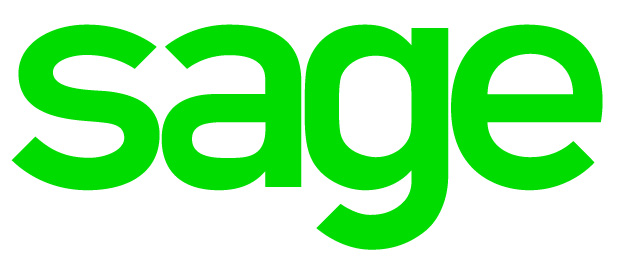Dividend tax set-back
The final matter we want to showcase for this month is the proposed reduction in the dividend allowance from April 2018. At present, shareholders with dividend income below £5,000 will pay no Income Tax on their dividend income. From April 2018, Mr Hammond looks set to reduce this to £2,000.
The average dividend yield for FTSE 100 shares is anticipated to fall to 3%. Based on this rate of return, investors would need a portfolio amounting to some £167,000 to create an annual dividend income of £5,000. From April 2018, only £67,000 would create tax-free income if the allowance drops to £2,000.
Affected investors should therefore consider other tax advantages options, including ISAs. From April 2017 the ISA limit is creased to £20,000.
Shareholders of non-listed private companies will face a tax increase due to this change. The present advantage posed by the low salary high dividend approach to profit extraction will still apply, but the overall Income Tax due will increase from April 2018.
Combined with changes to the taxation of benefits in kind, shareholder directors of smaller companies would be advised to revisit tax planning options for 2018-19.
Latest News
- High risk and all eggs in one basket - April 25, 2024
- More corporate red tape - April 23, 2024
- New employment protections - April 18, 2024
- Opening up small company reporting - April 16, 2024
- Boost for small businesses - April 12, 2024
- A new acronym - April 9, 2024
- Tax Diary April/May 2024 - April 5, 2024
- Still time to register for the Marriage Allowance - April 5, 2024






